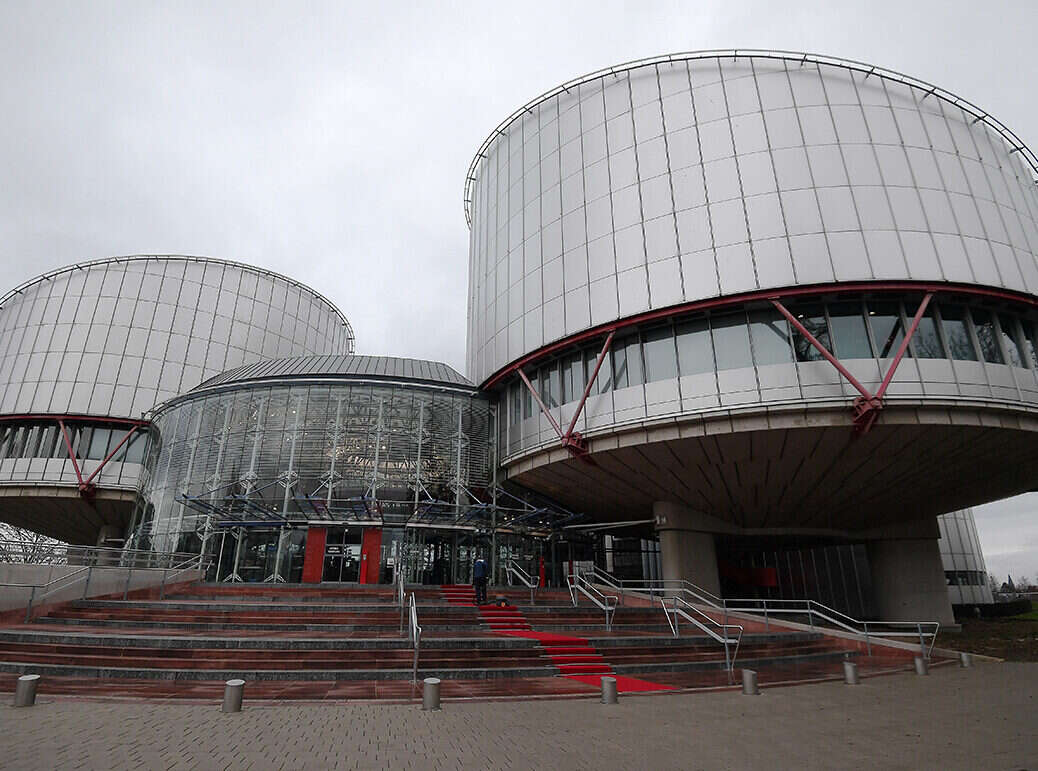
The European Court of Human Rights has been accused of approving the “rewriting of history” by backing the extension of the “right to be forgotten” from search engines to cover news websites more broadly.
The case, involving French-language Belgian newspaper Le Soir, last year saw an intervention from UK publishers Times Newspapers and Guardian News and Media alongside press freedom organisations as they argued forcing news websites to remove archive material, an “essential component of modern-day newsgathering and reporting”, would not be a “proportionate restriction on freedom of expression”.
However the Grand Chamber of the European Court of Human Rights, of which the UK is still a participating country despite Brexit, has now ruled in favour of a driver who had wanted to be anonymised in reporting of a deadly car crash for which he was responsible.
The original article was written in 1994 but went online in 2008 when Le Soir created an online version of its archives dating back to 1989. The driver, a doctor, first wrote to the newspaper’s owner asking for the article to be removed, or for him to at least be made anonymous, in 2010 – but his request was refused.
‘Right to be forgotten’ judge says decision does not ‘sacrifice press freedom’
Two years ago the ECHR rejected a free speech complaint from Le Soir publisher Patrick Hurbain who had argued that a Belgian court’s order to remove the name breached his rights under Article 10 (freedom of expression) of the European Convention on Human Rights, even when balanced with the right to be forgotten under Article 8 (privacy).
The 2021 decision has now been backed up by the ECHR’s Grand Chamber, which hears cases on appeal from the ECHR’s lower chamber.
The Grand Chamber judges said the article “had no topical, historical or scientific interest”, that the man involved was “not well known”, and that he had been caused “serious harm” by the “virtual criminal record” created by its continued availability online, especially due to the length of time that had lapsed since the original publication.
The court, which made its decision by 12 judges’ votes despite five in disagreement, added that anonymising the article “did not impose an excessive and impracticable burden” on Hurbain and that this at the same time constituted “the most effective means of protecting [the man’s] privacy”.
Judge Frédéric Krenc, one of the 12 who agreed there had been no violation of Hurbain’s freedom of expression rights, wrote in an additional legal opinion that he did not believe the judgment “sacrifice[s] press freedom in favour of an undue and dangerous focus on the right to respect for private life, by forcing news publishers to systematically anonymise their archives”.
He said the finding only related to the present case, adding: “It would therefore be erroneous to infer from the present judgment any obligation for news publishers to systematically anonymise all the material in their online archives.”
Media freedom group warns of influx of requests for content removal
However freedom of expression organisation Article 19 said the judgment did cause a “real danger” to media archives.
Its senior director for law and policy, Barbora Bukovská, said: “With this decision, the European Court has effectively approved the re-writing of history. Media archives are a key source for the media, education, and historical research.
“Requiring newspapers to routinely anonymise articles in their digital archives will inhibit the investigative work of journalists and other actors and put them under constant fear of litigation over their previous legitimate publications.
“The expansion of the ‘right to be forgotten’ to newspaper articles goes far beyond the original scope of this ‘right’.”
Bukovská added that it was likely the ruling would lead to a “great amount of requests to media outlets and online archives to have content removed, altered, or anonymised”.
Email pged@pressgazette.co.uk to point out mistakes, provide story tips or send in a letter for publication on our "Letters Page" blog
